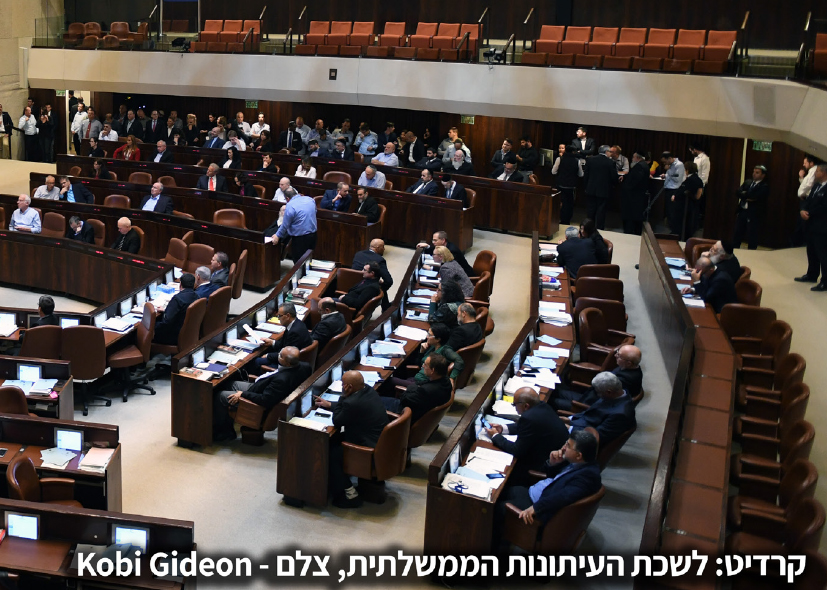Home Constitution and Fundamentals of Government Checks and balances Use of the Reasonableness Standard in the Oversight of Public Appointments
The Reasonableness Standard serves courts as a yardstick for the review of acts by the Government and public administrative bodies. Thus far, almost no comprehensive examinations have been conducted of the scope of its actual impact, particularly with respect to the topic of government appointments, which is at the heart of the dispute between the Standard’s supporters and opponents. This study examined all judgments from the last two decades (2003–2022) in which it was claimed that an appointment advanced by the government was unreasonable to an extreme degree and should be disqualified. The study presents qualitative and quantitative data on the scope of Supreme Court intervention and situations in which, according to caselaw, a government appointment constitutes a deviation from the bounds of reasonableness.










Hannah Senesh
"There is only one thing that cannot be defended against - indifference."
Hannah Senesh

"There is only one thing that cannot be defended against – indifference."
Hannah Senesh